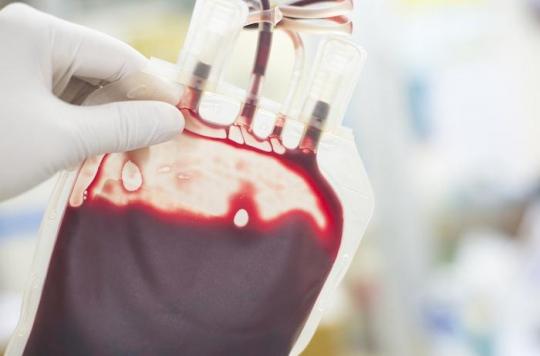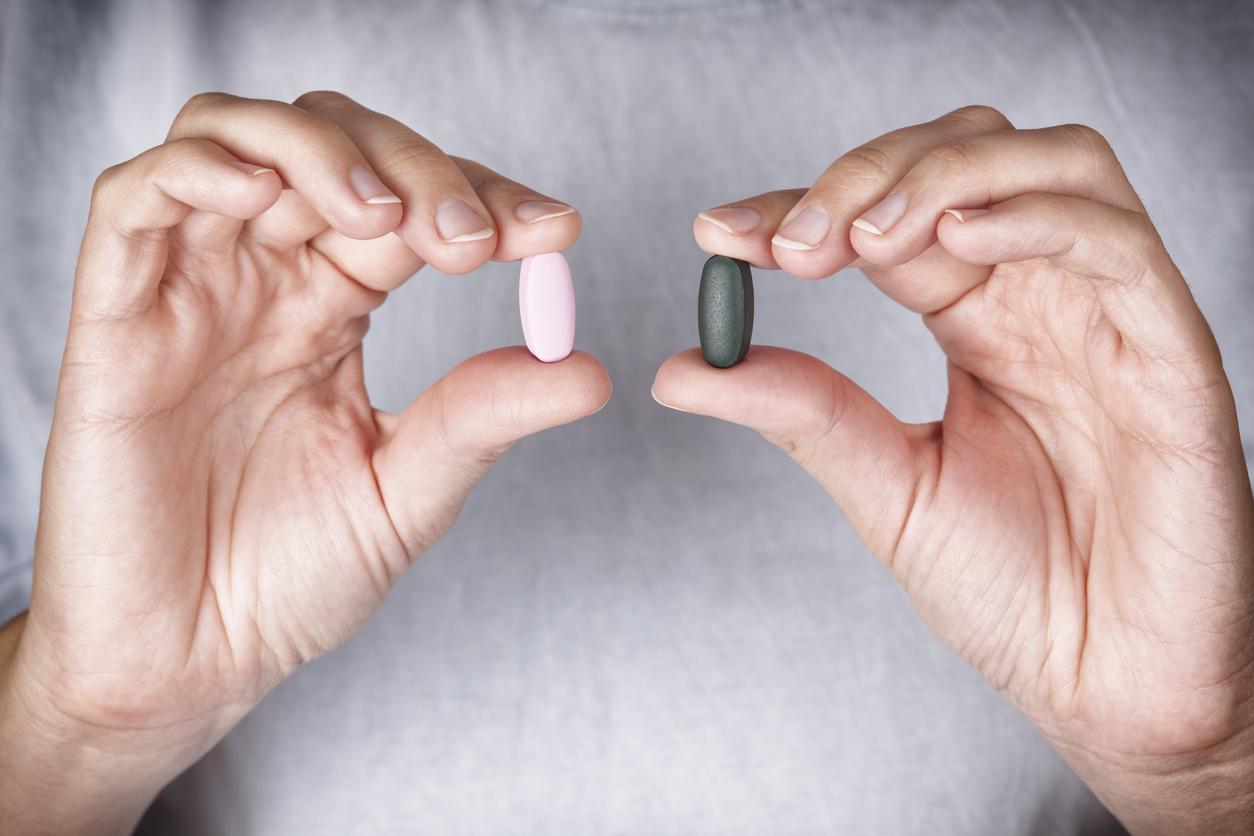In the United States, synthetic cannabis, increasingly consumed, is causing an epidemic of hemorrhages. Doctors treat patients with vitamin K1 (phytonadione).

In the United States, an epidemic of bleeding in Illinois hospitals has caught the attention of scientists. “In March and April 2018, more than 150 patients presented to hospitals in Illinois with coagulopathy and bleeding diathesis,” they describe in The New England Journal of Medicine.
Intrigued, they examined medical data from patients admitted to Saint Francis Medical Center in Peoria between March 28 and April 21, 2018. A total of 34 patients were identified as having cannabinoid-associated synthetic coagulopathy, also known as synthetic cannabis.
Undetectable via drug tests
More and more consumed, synthetic cannabis is known to produce the same effects as the real one, but is very easy to find on the internet and undetectable through drug tests, because it is free of THC. Unlike cannabis, which comes from a plant, synthetic cannabis is a chemical substance, produced from molecules. Synthetic cannabis is most often presented as a mixture of dried plants (packaged in a small metal bag) onto which a solution of synthetic cannabinoids has been sprayed. It can also be sold in the form of incense, powder or e-liquid for electronic cigarettes. They are always marked “Not for human consumption”.
Superwarfarin poisoning was confirmed in the 15 patients tested. Anticoagulant tests revealed the presence of chemical anticoagulants such as brodifacoum in 15 patients (100%), difenacoum in 5 (33%), bromadiolone in 2 (13%) and warfarin in 1 (7%).
Vitamin K1 as a treatment
The most common symptoms of hospitalized patients were marked hematuria * (56% of the cohort) and abdominal pain (47% of the cohort). A CT scan was performed to assess abdominal pain and revealed kidney abnormalities in 12 patients.
As a treatment, vitamin K1 (phytonadione) was administered orally in 34 patients and intravenously in 23 (68%). A transfusion of red blood cells was performed in 5 patients (15%) and an infusion of fresh frozen plasma in 19 patients (56%). One patient died of complications from spontaneous intracranial hemorrhage.
“Our data indicate that the superwarfarin adulterants of synthetic cannabinoids can cause clinically significant coagulopathy. In most cases where the patient had a bleeding diathesis, symptoms were controlled with vitamin K1 replacement therapy. The specific synthetic cannabinoid compounds are not known, “the researchers conclude.
* Presence of red blood cells in the urine.
.















